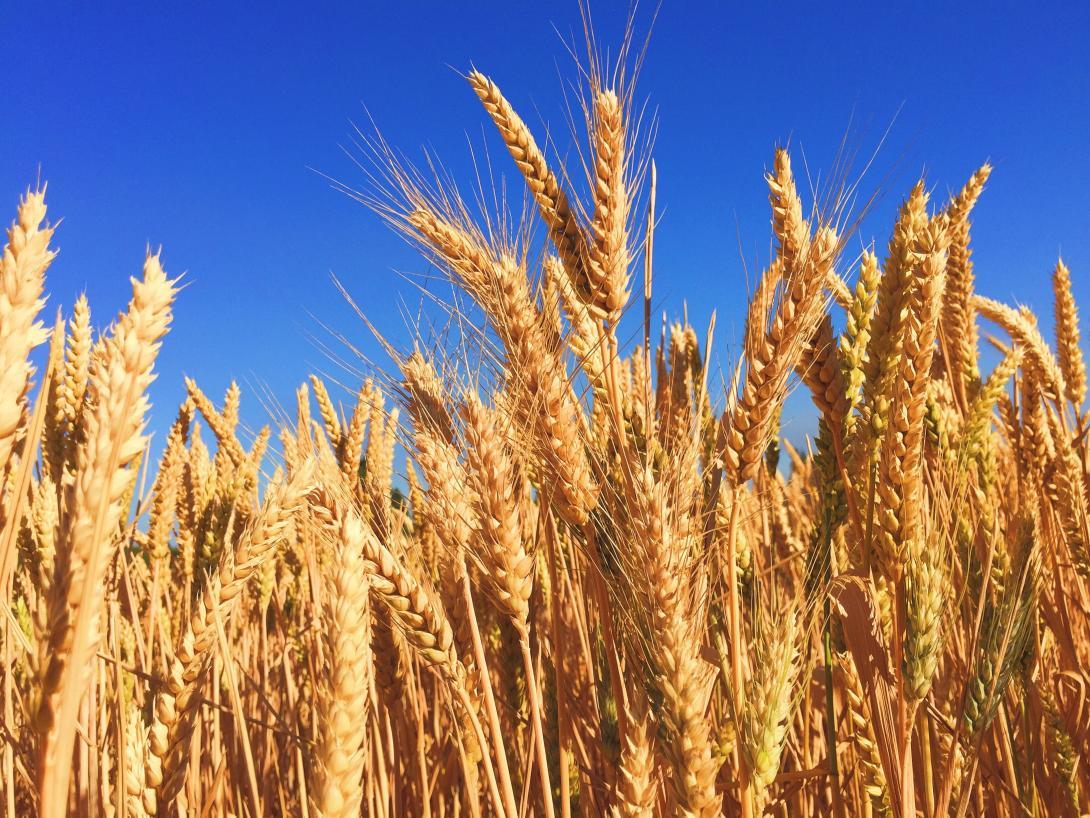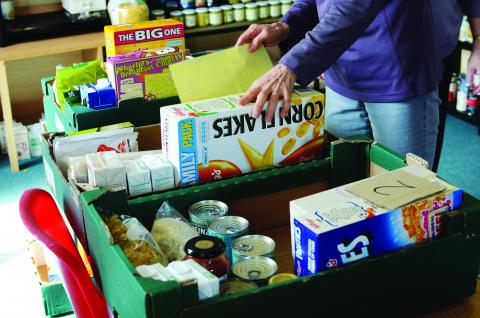17 March 2022
Jeopardy ahead – what next for the National Food Strategy White Paper?

by Anna Taylor
The news of the delay of the National Food Strategy White Paper arrived at the end of last week. Remember it was promised within 6 months of publication of the Independent Review (so it was due at the end of January). We’re now told it will come after the local elections in May, but no date has been set. Delays are always a bad sign in my view – a risk of momentum lost and leadership diverted but the reason given for the delay (the devastating war on Ukraine) should give officials pause for thought on the content of the White Paper, not just the timing.
Come May, the cost of living crisis will be biting harder after another rise of the energy cap and the rise in National Insurance. Neither of these costs will be offset by the 3.1% inflationary increase to welfare benefits which is paltry in the face of actual inflation which is now at 5.5% and predicted to rise much higher in the short term. Adding to this, several of the world’s major food supply chains will be in peril: 29% of the world’s wheat exports come from Russia and Ukraine - the next few weeks are vital for getting the crop in the ground, 80% of the world’s sunflower oil shipments come from Russia and Ukraine and supply chains have already been disrupted as a result of the bombardment. The impact on world food prices (combined with the effects of the fuel price rises) is likely to be profound at home as well as overseas. Millions more families in Britain will be struggling to put food on the table, forcing them to opt for the cheapest calories which are typically the least healthy. And this is all happening as we emerge from a devastating pandemic which killed more Brits because of our high rates of diet-related disease, and led to a 25% increase in childhood obesity among 10-11 year olds.
But it’s important to remember that there is enough food produced in the world to feed everyone – though of course its distribution is very uneven; enough, in fact, for us to waste almost a third of it, and eat large quantities of it in the form of meat which uses much more land and energy to produce than other food. These supply side shocks create massive turbulence and pressure on prices but their effects can be reduced by managing our food system differently rather than putting more land into food production.
This latest crisis creates considerable jeopardy for the White Paper. Some will be quick to say that it means we must produce more food, as quickly and as efficiently as possible. More cheap, industrial food production and more of it in Britain. The NFU has been quick to share with government their proposals to maintain confidence and stability across the UK’s food producing businesses including pausing existing policies, on the grounds that we must now concentrate on national food security.
Their arguments will undoubtedly gain political traction but trap us in short termism at a time when we can’t afford to lose sight of the urgent task of shifting the food system. Instead, the government could set out an agenda which helps to strengthen the resilience of us all, as UK citizens, to weather pandemics, food price rises, and climate shocks. The turbulence of the last few years in the UK is not likely to end any time soon (climate change if nothing else will see to that), but we can get a lot better at coping with the turbulence so it doesn’t have such a devastating effect on lives and livelihoods. Short term fixes which are politically expedient are undoubtedly the enemy of the long term good. Another DEFRA paper focusing on increasing productivity is the last thing we need right now.
I believe the food impacts of war on Ukraine create an even more compelling argument for a Good Food Bill to appear as the centre piece of the delayed NFS White Paper. The Bill should set out our expectations of the food system:
- a system which is based on high standards of production and resilient supply chains (spreading our risk across UK production, a broader range of staple foods and a wide number of trading partners);
- a system which contributes less to greenhouse gas emissions and biodiversity loss (so it is not further increasing the risk of climate-related turbulence);
- a system which helps us to eat food which protects our health and helps us resist disease both now and in future;
- and a delivery framework with some clear targets for reducing household food insecurity, so families are not trapped with such marginal incomes which make them vulnerable to the smallest shock.
It needs to articulate how we will measure these expectations and how progress will be reported to parliament. This process matters – it generates responsibility to act within government which survives electoral cycles – a vital insurance against short termism. Every child would like to mark their own homework, but every grown-up knows that doesn’t end well. An independent mechanism for tracking and reporting progress is vital. This is not a minority view – more than 100 organisations and businesses agree on the importance of the White Paper including a long term plan supported by primary legislation.
I hope the Government will use this food and fuel price crisis (the second in 15 years) to up its ambition and strengthen its resolve to create a genuine legacy – and use this once in the life-time opportunity to set out an ambition for food system change which creates a more predictable environment for businesses to flourish and a more resilient public who can face the challenges ahead. If the Government must delay the White Paper, it must make the delay count.
For more please head to our food prices tracker and our food insecurity tracker.





